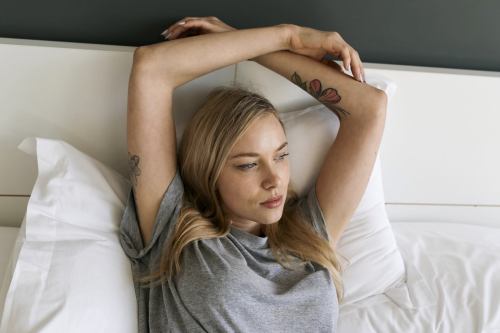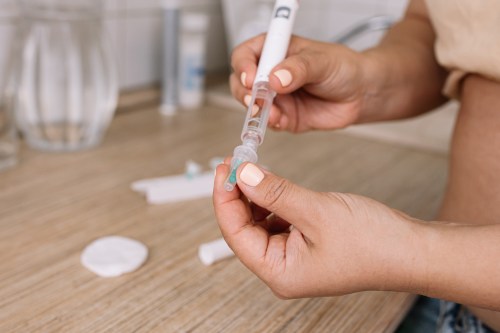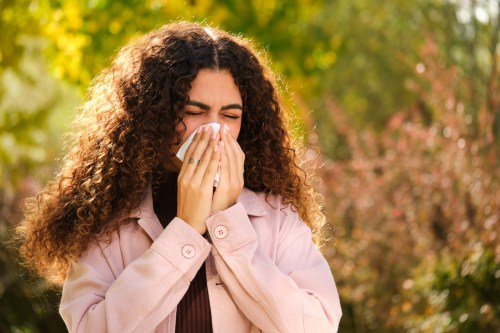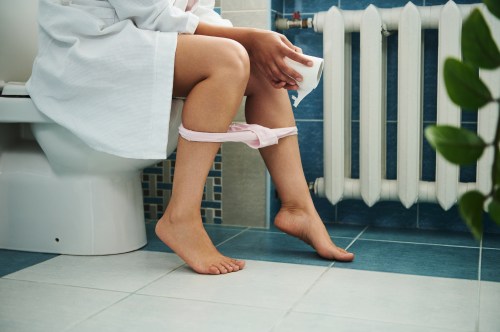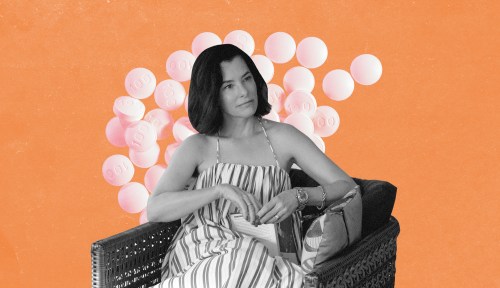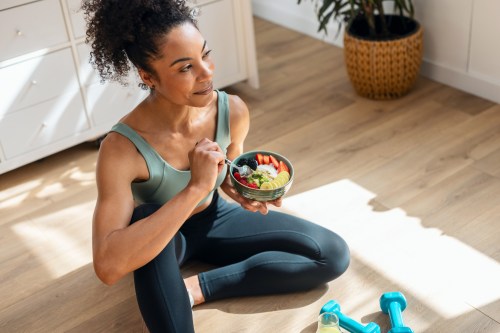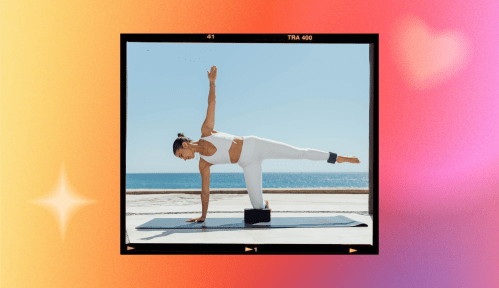To be frank, sex doesn’t always feel amazing—even with CBD lube and the most skilled of partners. One possible reason for this? Your hormone cycle. (Surprise, surprise.)
Your reproductive hormones (the ones that govern your menstrual cycle and all that jazz) can actually affect how pleasurable sex is. “Sex can feel differently depending on which point of your menstrual cycle you’re in,” says Richard Firshein, MD, leading expert in integrative and precision-based medicine and founder of Firshein Center. “Something might be enjoyable during ovulation—mid-cycle—but could be way less comfortable towards the end of your menstrual cycle or towards your period.”
That’s because those hormone shifts create some physiological changes that make sex feel more or less pleasurable. Pre-ovulation, your body is priming you for pregnancy, says Julie Von, MD, a holistic fertility doctor—so sex is more likely to feel freaking fantastic. “Up to and around ovulation, vaginal lubrication and cervical fluid is greatly increased,” says Dr. Firshein. “That natural lubrication can make sex more comfortable and pleasurable.” You’re also more likely to have an orgasm during this time, he says, because of the normal changes in hormones like estrogen and progesterone. Going farther south on the anatomical ladder, Dr. Firshein says there is some research that suggests “the clitoris increases in size from about the fifth day prior to ovulation,” he says, which should make it easier to stimulate and therefore more pleasurable. (However, for some people, he says the sensation may be a bit too intense.)
Near the end of your cycle, hormonal shifts may make sex a bit less pleasurable. “After women ovulate, their progesterone levels begin to rise, and increases in progesterone can reduce sexual desire,” says Omnia Samra Latif Estafan, MD, a board-certified OB/GYN and brand consultant for Nelly De Vuyst / BioFemme. The hormone shifts can cause skin and breast tenderness, adds Dr. Firshein, which may make you more sensitive to touch.
Your pain threshold also changes post-ovulation. “Towards the end of the menstrual cycle and towards the period, pain thresholds tend to be lowest,” says Dr. Firshein. “This means things become more painful as the period approaches, due to a confluence of effects including vasculature changes, a decrease in estrogen, increases in progesterone, which will all change the nature of how women experience pain and inflammation.” Conversely, when estrogen is higher at the beginning of your cycle, he says there is less inflammation and pain. He also points out that as your body’s prepping for its next period, your uterine lining is thinner, which means less lubrication is produced.
Of course, hormones aren’t the only reason why sex might not feel as satisfying as it could. “There are numerous factors which can affect sexual satisfaction in a woman. Some of them may be directly correlating to how a woman feels—feelings of sadness, depression, lack of self-esteem or self-confidence can certainly negatively affect how a woman feels around sex,” says Dr. Firshein. Well, ain’t that the truth. So the best time to have sex, according to your cycle? Right before ovulation, he says. Mark your calendar. (Just don’t forget protection!)
BTW, here’s how to talk about sex (baby). And here’s the expert-approved guide on how to enjoy sex (besides, you know, clocking it in based on your cycle).
Sign Up for Our Daily Newsletter
Get all the latest in wellness, trends, food, fitness, beauty, and more delivered right to your inbox.
Got it, you've been added to our email list.
